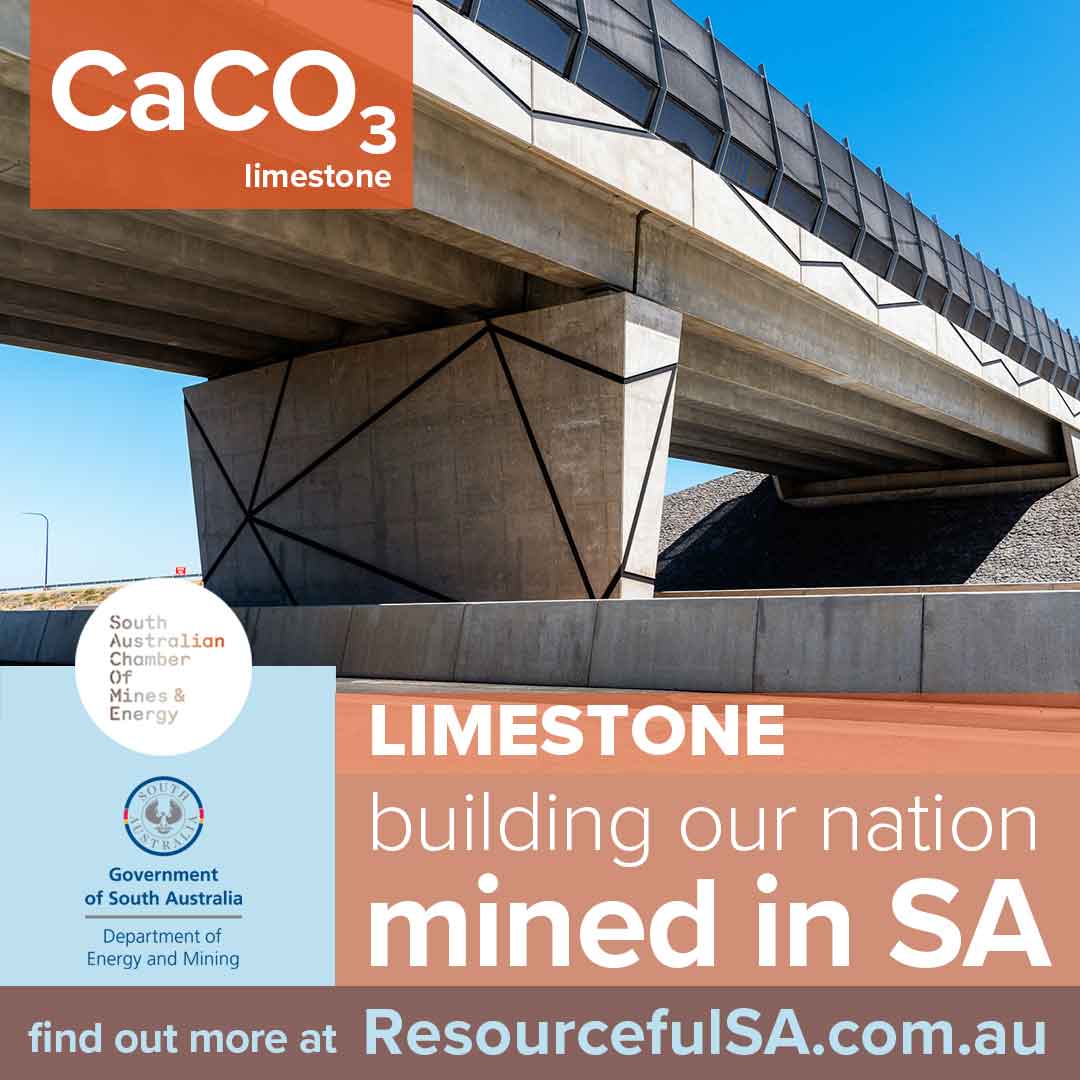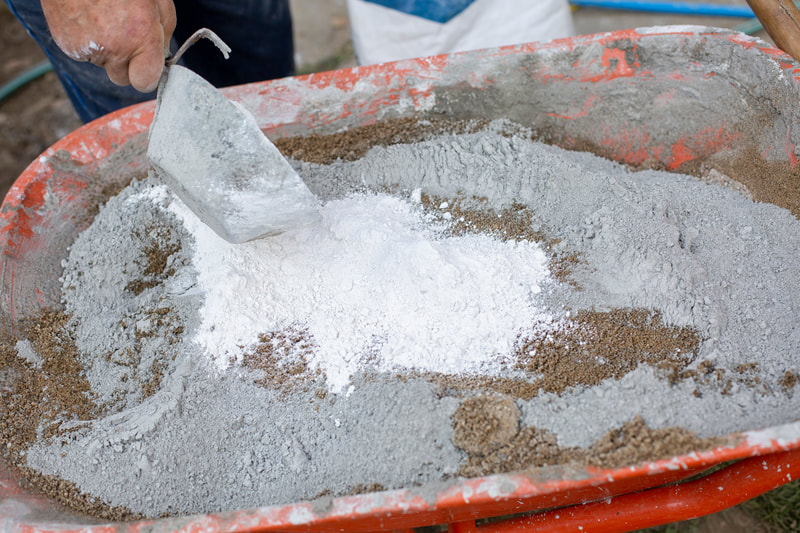|
What is Limestone?
Limestone is a sedimentary rock composed of calcium carbonate. It is the key ingredient in cement which makes concrete and is vital to process minerals required for a lower carbon economy such as aluminum and gold. Yes, it’s a rock filled with tightly packed fossils. But limestone’s calcium carbonate is one of the most utilitarian industrial minerals. It’s the rubble underneath almost every road. It fronts many public monuments. But it’s been the hero ingredient of building mortar for millennia. And it remains so for modern cement. Another offshoot - soda ash - is a foundation stone of the chemical industry. It’s in paper and soap, plastics and rubber, glassmaking and industrial waste treatments. It’s a fertiliser and soil conditioner. It’s in food supplements. It’s in steel smelting. It’s behind hydrochloric acid. And while its industrial use often entails heavy CO2 emissions, treated limestone shows promise for carbon capture and storage.
Limestone is also used in the production of soda ash (sodium carbonate) for the chemical industry with applications in paper, soap and detergent manufacture, tanning, water treatment, and industrial waste treatment. Sodium carbonate is an important component in glassmaking.
Did you know? The world consumes approximately 4.1 billion tonnes of cement per year and concrete is the second most used material in the world (only after water). Where is Limestone mined in South Australia? Limestone is widespread in South Australia including at Penrice in the Barossa Valley, on the Fleurieu Peninsula, in the Mount Lofty Ranges, Yorke Peninsula, Flinders Ranges. Adbri is the only integrated manufacturer of clinker and cement in South Australia with two plants at Angaston and Birkenhead. Adbri currently manufacturers the lowest embodied carbon General Purpose Cement in Australia. |




